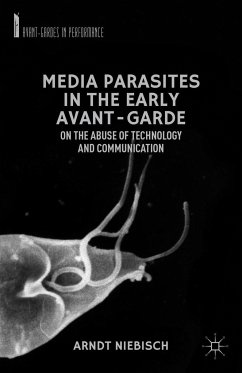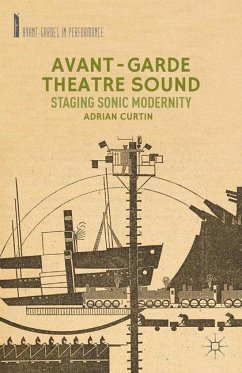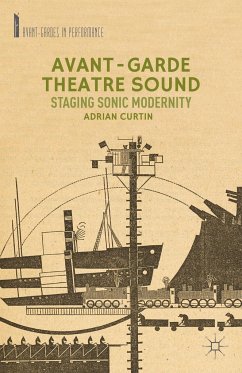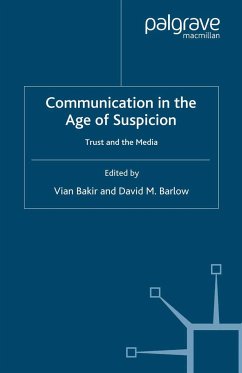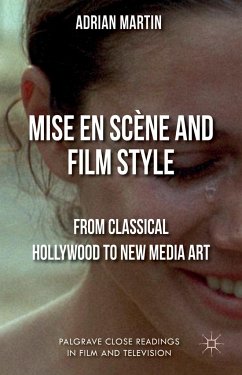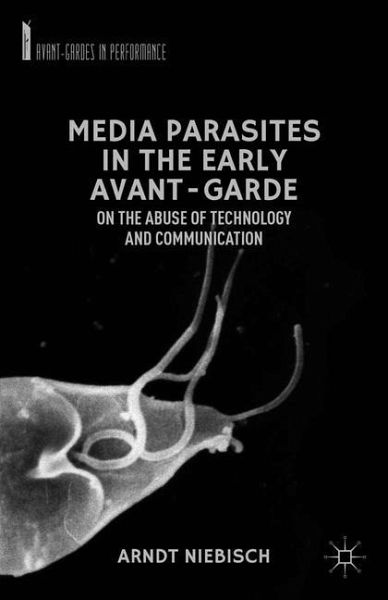
Media Parasites in the Early Avant-Garde
On the Abuse of Technology and Communication
Versandkostenfrei!
Versandfertig in 6-10 Tagen
38,99 €
inkl. MwSt.
Weitere Ausgaben:

PAYBACK Punkte
19 °P sammeln!
Niebisch retraces how the early Avant-Garde movements started out as parasites inhabiting and irritating the emerging mass media circuits of the press, cinema, and wired and wireless communication and how they aimed at creating a media ecology based on and inspired by technologies such as the radio and the photo cell.





